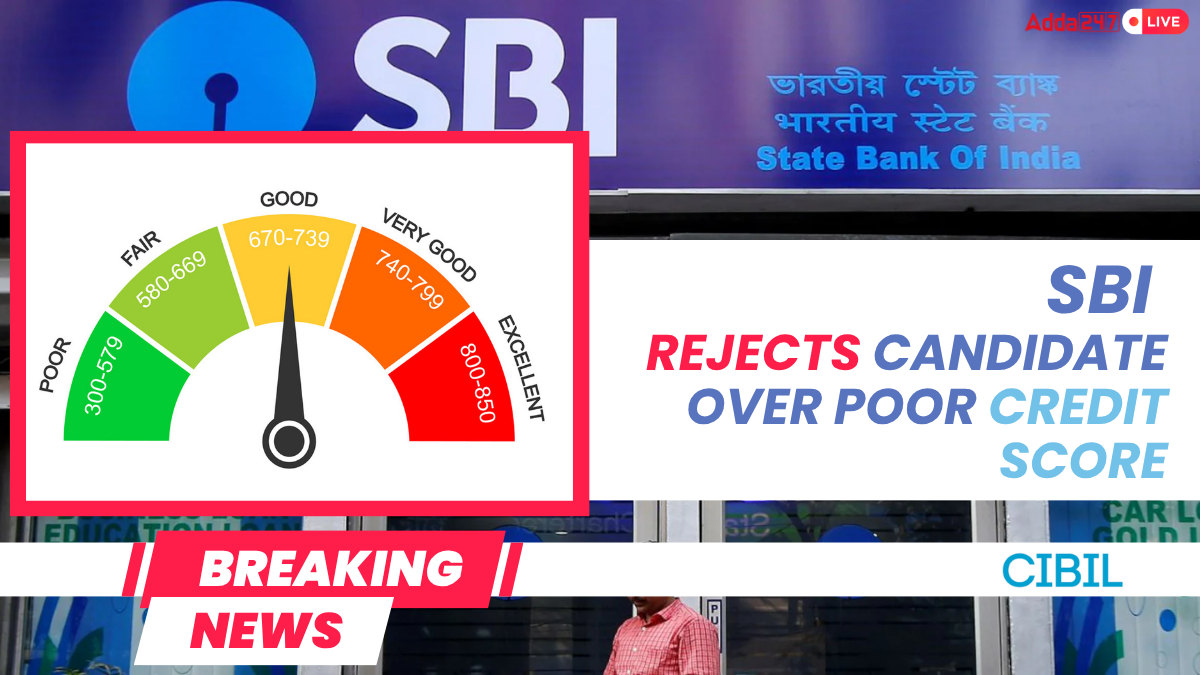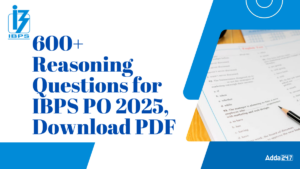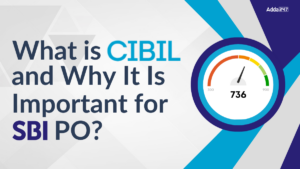The Madras High Court has recently upheld the decision of the State Bank of India (SBI) to cancel the appointment of a candidate for the Circle Based Officer (CBO) post due to his poor credit history. Although the candidate had cleared both the written exam and interview, his selection was withdrawn after SBI received his Credit Information Bureau (India) Limited (CIBIL) report highlighting past loan defaults.
This incident has now become an important example for banking aspirants, underlining that financial behaviour, especially a candidate’s credit history, is being treated as a key eligibility factor in recruitment for positions that involve the handling of public funds.
Why SBI Rejected the Candidate?
After the final selection, SBI conducted a background check and received a CIBIL report that disclosed the candidate’s poor credit history. The report revealed the following:
- He had taken multiple personal loans ranging from ₹90,000 to ₹1.5 lakh while serving at another bank, but failed to repay on time.
- He had also defaulted on a credit card payment of approximately ₹40,000.
SBI cancelled his appointment as per Clause 1(E) of the official recruitment notification, which clearly stated that:
“Candidates with a record of default in repayment of loans/credit card dues and/or adverse reports from CIBIL or other external agencies shall not be eligible for appointment.”
Despite clearing all dues before applying, the candidate’s previous defaults affected his eligibility. The Madras High Court ruled in favour of SBI, stating that candidates must possess a clean track record, not just clear dues. The judge also mentioned that individuals handling public money must exhibit financial discipline themselves.
What is a CIBIL Report and Why Does It Matter?
In recent years, especially in banking and finance sector recruitments, a candidate’s credit history has started playing a more significant role in final appointments. A CIBIL report reflects how responsibly an individual has managed loans, EMIs, and credit card payments in the past. For posts that involve handling public money, like SBI CBO or PO, this becomes a direct measure of the candidate’s trustworthiness and financial discipline.
| Term | Meaning |
| CIBIL | Credit Information Bureau (India) Limited – maintains credit records of individuals and generates credit reports. |
| CIBIL Score | A 3-digit number (300–900) showing your creditworthiness. A higher score reflects better credit history. |
| Credit History | Past record of repayment of loans, EMIs, and credit card dues. |
| Loan Default | Failing to repay a loan or credit card dues on time. Multiple defaults lower your CIBIL score. |
What Aspirants Must Learn from This Incident?
With this court decision, it becomes clear that just clearing written exams and interviews is not enough for final selection in banking jobs. Credit history, which was earlier overlooked by many aspirants, now holds real weight in final appointments. Here’s what aspirants need to ensure:
- Read the recruitment notification carefully, especially the eligibility clauses.
- Check your CIBIL score regularly from official sources.
- Avoid any loan or credit card default, and try to repay all dues on time.
- If you have cleared past dues, keep NOCs or settlement proof ready.
- Don’t ignore your financial profile; maintain financial discipline just as you prepare for exams.
| Related Articles | |
| SBI CBO Recruitment 2025 | SBI PO Notification 2025 |




 600+ Reasoning Questions for IBPS PO 202...
600+ Reasoning Questions for IBPS PO 202...
 What is CIBIL and Why It Is Important fo...
What is CIBIL and Why It Is Important fo...
 Difference Between Banking and Non-Banki...
Difference Between Banking and Non-Banki...







